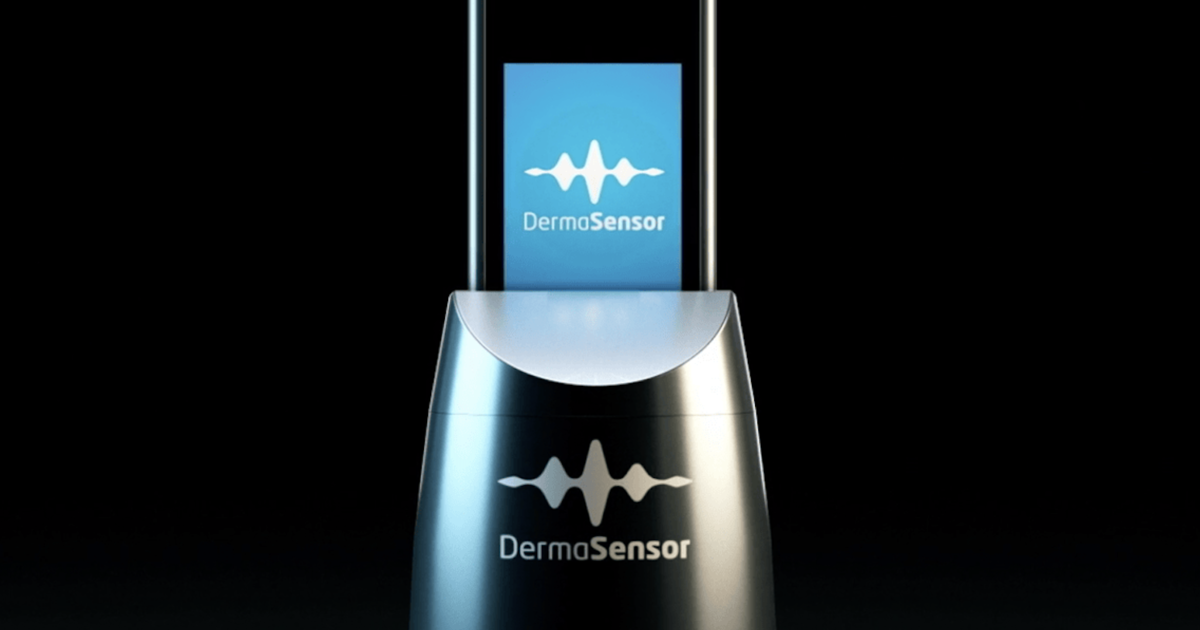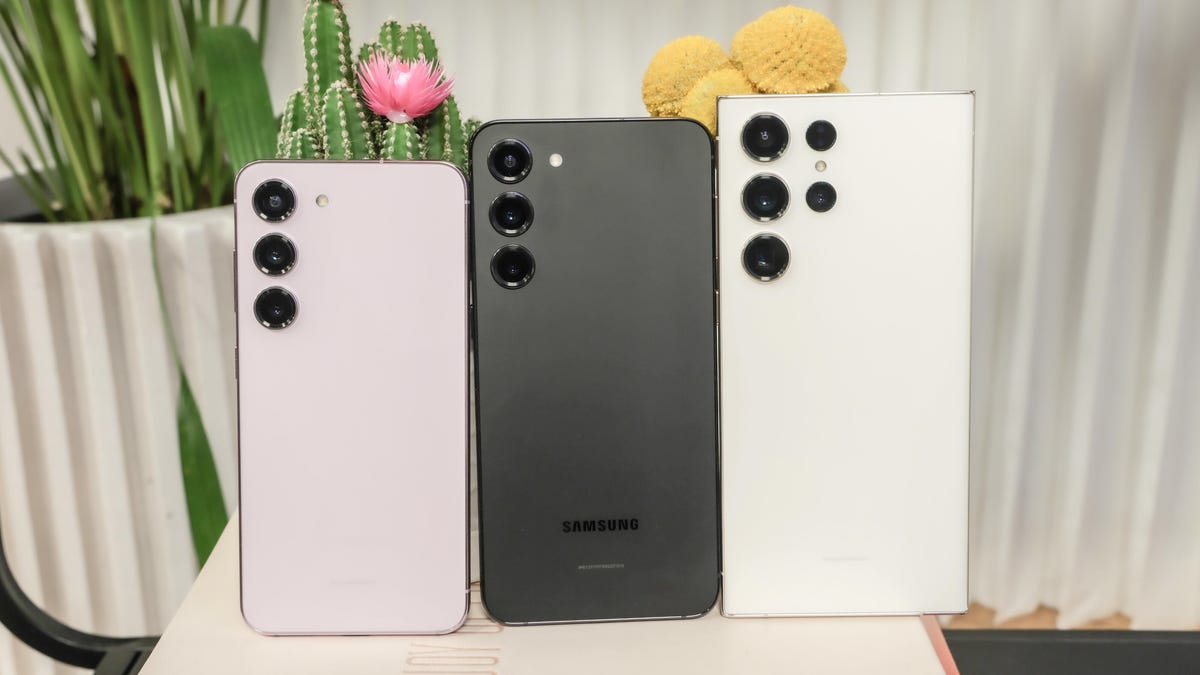The first medical device powered by artificial intelligence, authorized by the Food and Drug Administration, aims to assist doctors in identifying common types of skin cancer in patients. DermaSensor, developed by a Miami-based medical device manufacturer, is designed to provide supplementary evaluation of suspicious lesions identified by physicians rather than serving as a standalone screening tool, as per the FDA guidelines.
Utilizing AI-driven spectroscopy technology, this handheld, non-invasive device evaluates the characteristics of lesions, including cellular and subcutaneous features. DermaSensor, equipped with an AI algorithm trained on a database encompassing over 4,000 malignant and benign lesions, offers real-time results by generating a “spectral similarity score” compared to known cases, aiding physicians in their assessment of skin moles or lesions.
The device, named DermaSensor, offers primary care physicians, dermatologists, and other medical professionals an advanced approach to skin cancer assessment beyond traditional visual examination or magnification. The FDA emphasizes the importance of integrating the device’s results with comprehensive clinical information and visual analysis by non-dermatologist physicians, particularly for patients aged 40 and above.
DermaSensor’s wireless AI-powered device has been approved by the FDA to assist in evaluating skin lesions indicative of melanoma, basal cell carcinoma, and squamous cell carcinoma. The operational process of DermaSensor involves lesion identification by a physician, scanning with the wireless device, spectral data analysis through a proprietary algorithm, and real-time assessment delivery. Results may prompt further investigation by a specialist or indicate no immediate need for additional evaluation.
Cody Simmons, the co-founder and CEO of DermaSensor, expressed enthusiasm about the convergence of predictive and generative AI in healthcare, coupled with innovative technologies like spectroscopy, to enhance disease detection and patient care. Apart from detecting melanoma, the deadliest form of skin cancer, DermaSensor can also evaluate moles for basal cell carcinoma and squamous cell carcinoma.
Skin cancer statistics reveal that one in five Americans may develop this condition by age 70, with treatment costs exceeding $8 billion in the U.S. Early detection significantly improves the curability of most skin cancers.
FDA clearance for the DermaSensor device necessitates additional validation testing across diverse demographic groups, including individuals at lower risk of skin cancer, to ensure its efficacy and reliability.






